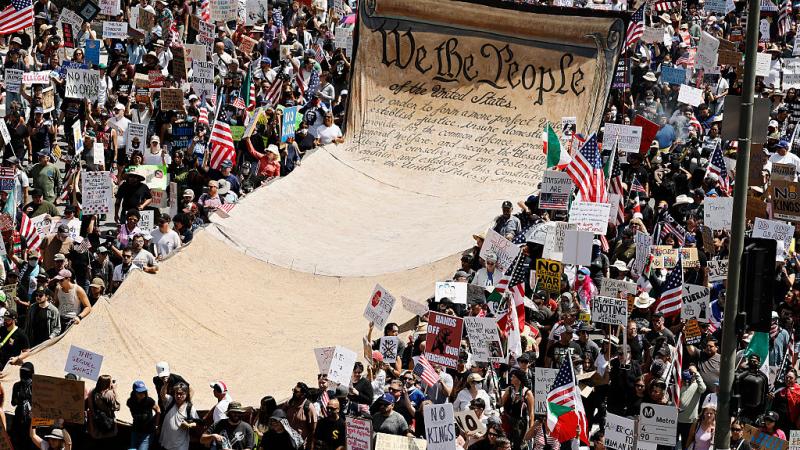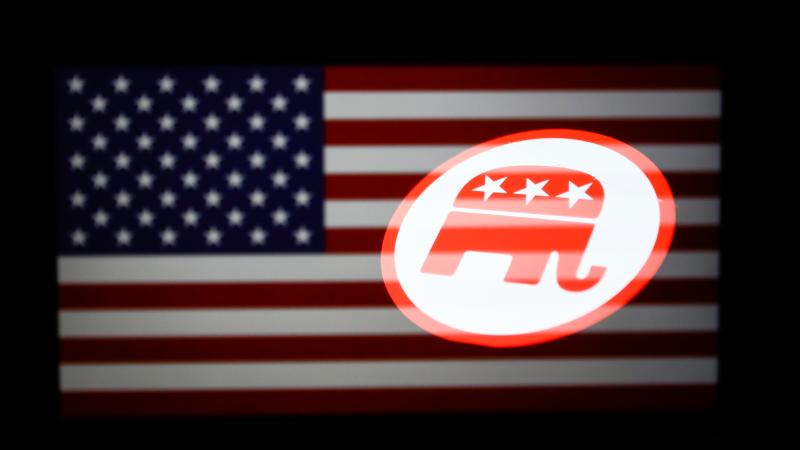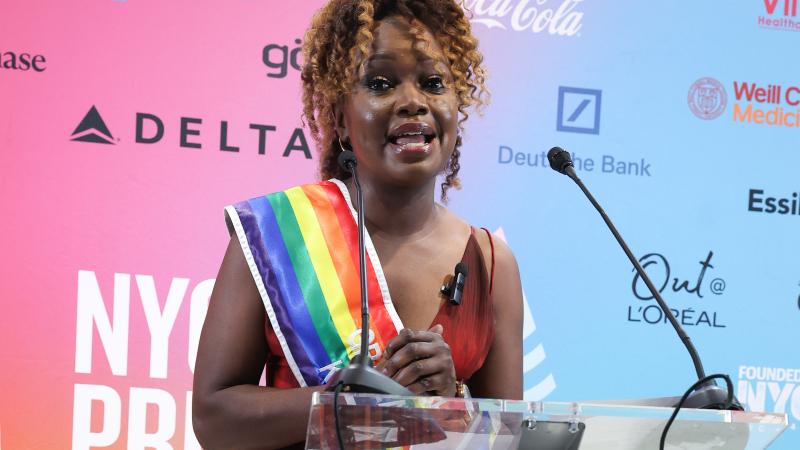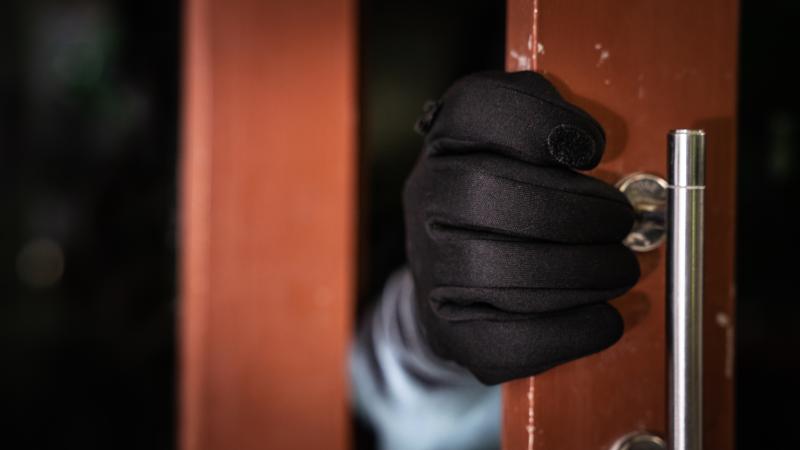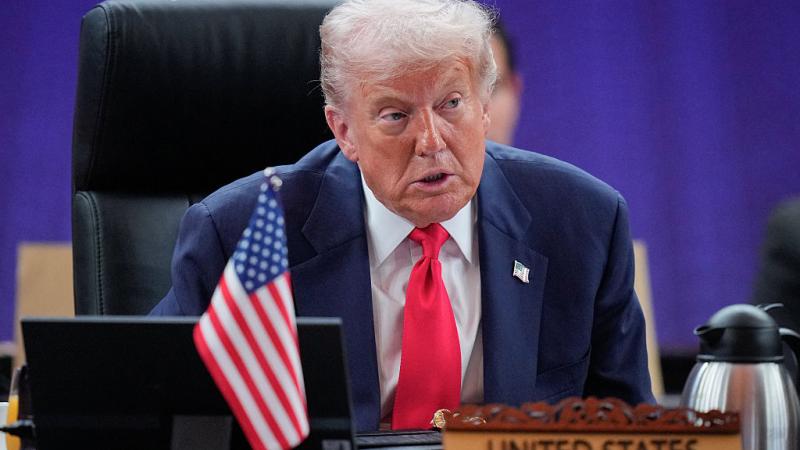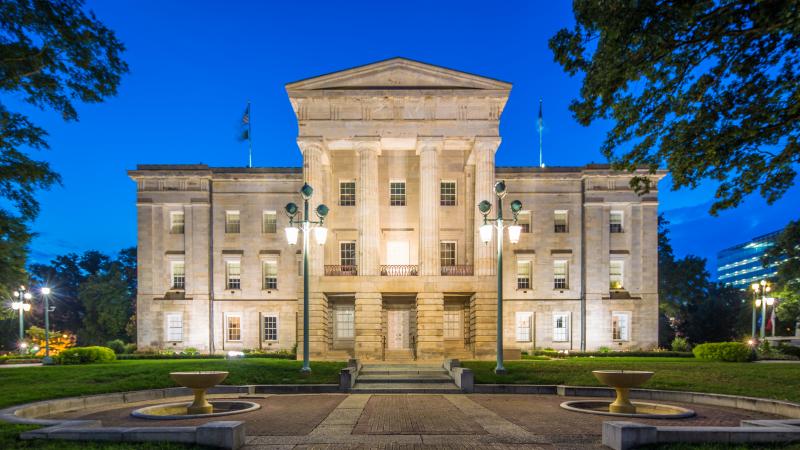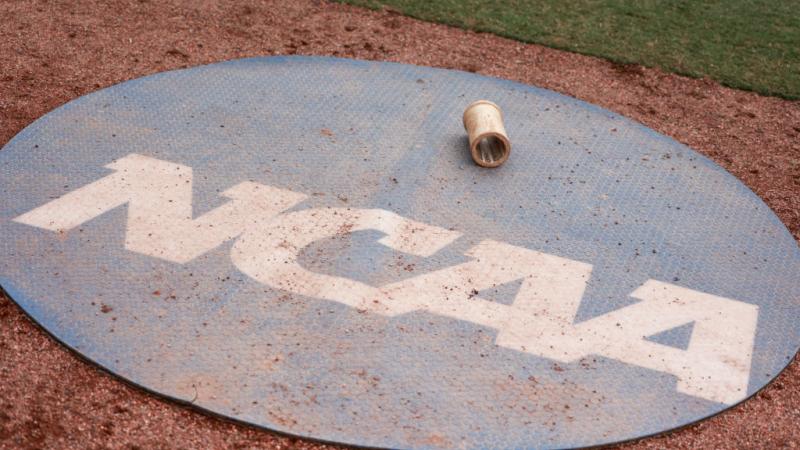Did NPR, PBS write their own obituaries before Congress? Some lawmakers think yes
During their collective 111-year history, the two organizations central to lawmakers’ concerns have faced sporadic yet persistent threats to end their federal funding. Could the end of taxpayer-funded journalism be nigh?
During a tense hearing on Capitol Hill, National Public Radio CEO Katherine Maher and Public Broadcasting Service CEO Paula Kerger came face-to-face with the House Subcommittee on Delivering on Government Efficiency and many of the lawmakers who hope to save tax dollars by ending public funding for journalism.
It was a bumpy ride for the PBS and NPR crowd.
Members of that subcommittee, led by Chair Rep. Marjorie Taylor-Green (R-Ga.) raised concerns Wednesday about political bias at both institutions.
Rep. Jim Jordan (R-Ohio) asked Maher about one of NPR’s longtime journalists, Uri Berliner, who in April 2024, published an article titled, “I’ve Been at NPR for 25 Years. Here’s How We Lost America’s Trust.”
Jordan brought up a facet of Berliner’s article, which stated that the Washington, D.C. editorial staff consisted of 87 registered Democrats and zero registered Republicans.
He also highlighted stories covered by NPR perceived to have a liberal slant: the now debunked Russia collusion hoax and its subsequent Mueller report, the Hunter Biden laptop scandal, Covid origins, the now-infamous NASCAR noose story involving driver Bubba Wallace, the Jussie Smollett hoax, among others.
Republicans who aim to defund the two organizations have the backing of the highest office in the land.
While taking questions in the Oval Office on Tuesday, President Donald Trump told reporters that, “I’d be honored to see it end.“
Referring to the nation’s vast options for news and journalism as “well covered,” Trump argued that taxpayer dollars supporting these outlets is “a waste of money.”
He followed up on those comments in a 1:31a.m. Truth Social post Thursday morning which read: “NPR and PBS, two horrible and completely biased platforms (Networks!), should be DEFUNDED by Congress, IMMEDIATELY. Republicans, don’t miss this opportunity to rid our Country of this giant SCAM, both being arms of the Radical Left Democrat Party. JUST SAY NO AND, MAKE AMERICA GREAT AGAIN!!!”
After the Wednesday hearing, some Republicans not on that committee sounded decisively in favor of defunding NPR and PBS.
Rep. Scott Perry (R-Pa.) spoke to the “Furthermore with Amanda Head” podcast and discussed the lack of necessity for the offerings of PBS and NPR.
"Bob Ross, God rest his soul. I used to watch that when I was a kid, but you can see that on the internet now for free, right? So do you want to watch a cool guy paint some stuff really quickly and make it look easy? You don't have to go to PBS and have your tax dollars fund it," he said.
“I don't think it's a secret that the CEO (Maher) has come out very stridently on the left wing. And look, if they want to be opinion journalists or opinion commentators, well, God bless them. This is America. Go do it, but you do it on your dime," he added. "But when I'm paying for it, here's what I want. I don't want to pay for my political opponent’s propaganda to be forced upon me."
Perry has a bill to defund these organizations called the “No Propaganda Act” in the House and Sen. John Kennedy (R-La.) has the companion bill in the upper chamber.
The history of PBS and NPR
In 1967, President Lyndon B. Johnson signed the Public Broadcasting Act into law to provide alternatives to commercial networks that sold on-air ads to pay for programming. It led to the creation of the Corporation for Public Broadcasting (CPB,) a nonprofit that oversees the distribution of federal funds to local stations.
At its inception, the programming focused on education, arts, culture and other items of public interest. It featured shows like “Sesame Street,” “Mister Rogers’ Neighborhood,” “The French Chef” hosted by famed chef Julia Child, “Masterpiece Theatre” and others.
Then, in 1973, journalists Robert MacNeil and Jim Lehrer began providing extensive coverage of the Watergate scandal for PBS. That coverage spun off into “The MacNeil/Lehrer Report,” which later became the flagship program, “PBS NewsHour.”
Throughout the years, these taxpayer-funded outlets have faced threats of defunding. As their programming became more left-leaning, many Republicans began ringing the alarm in the 1990s.
At the October 2012 presidential debate hosted by NPR and moderated by Lehrer, then-presidential candidate Mitt Romney told the audience, “I’m sorry Jim, I’m going to stop the subsidy to PBS, and I like PBS, I like Big Bird, I actually like you too.”
Romney’s sentiment may come to fruition this time around.
In her closing remarks, Green remarked that, “today, if you look on NPR’s website, there is still zero mention of any negative coverage of any Democrat today.”
If these agencies have an epitaph, it might reflect Greene’s final statement: “From headlines to podcasts, documentaries to children's programming, NPR and PBS have all but abandoned their promise to deliver unbiased, nonpartisan and fact-based reporting.
"The American people have woken up to this nonsense and blatant disregard for truth, and truth matters, and they will not put up with it any longer. The Corporation for Public Broadcasting is using taxpayer dollars to actively suppress the truth, suppress diverse viewpoints and produce some of the most outlandish, ludicrous content," she argued.
"After listening to what we've heard, today, we will be calling for the complete and total defund and dismantling of the Corporation for Public Broadcasting. Here's how it works in America, every single day, every single day, private businesses operate on their own without government funding. We believe that you all can hate us on your own dime.”
The Facts Inside Our Reporter's Notebook
- now debunked Russia collusion
- the Hunter Biden laptop
- Covid origins
- NASCAR noose story
- the Jussie Smollett hoax
- president told reporters
- Truth Social post Thursday
- began ringing the alarm in
-
Mitt Romney told the audience
